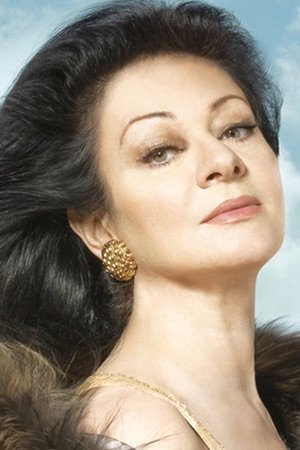
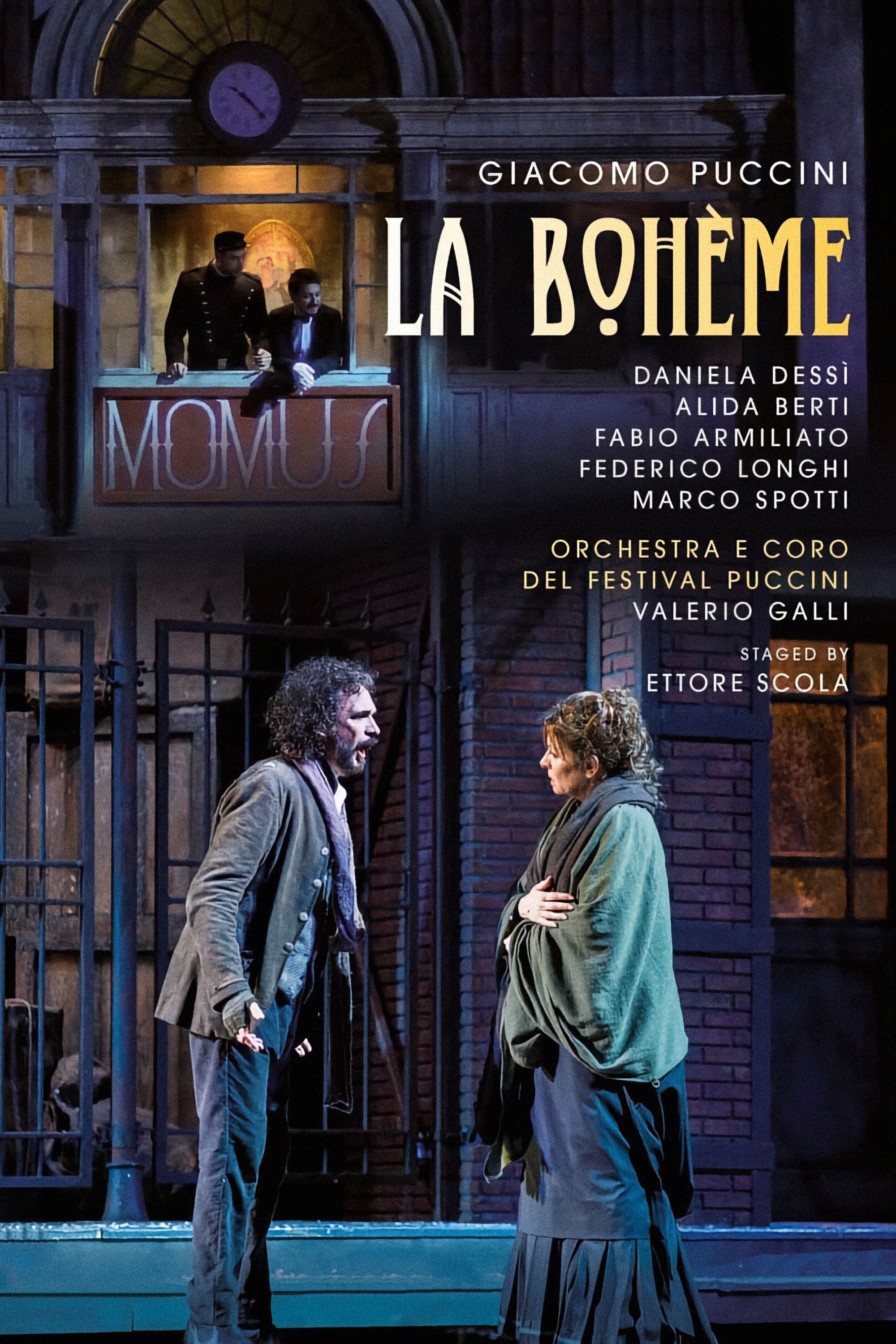
Puccini's masterpiece La Bohème is by far the most represented opera in the world. At the famous Puccini Festival in Torre del Lago (2014), where Puccini composed his main operas, La Bohème is directed by one of Italy’s greatest film directors: Ettore Scola, the creator of a high number of award-winning seminal films. As he explains in the programme notes, as soon as he was approached to stage La Bohème he had to fight hard to resist the temptation to give life to his “revolutionary” ideas; in the end, he decided for a traditional looking, rich, grandiose and detailed Bohème. Together with the exceptional cast of Daniela Dessì, Fabio Armiliato, Alessandro Luongo, Marco Spotti and Alida Berti, this production makes for an incomparable great performance.
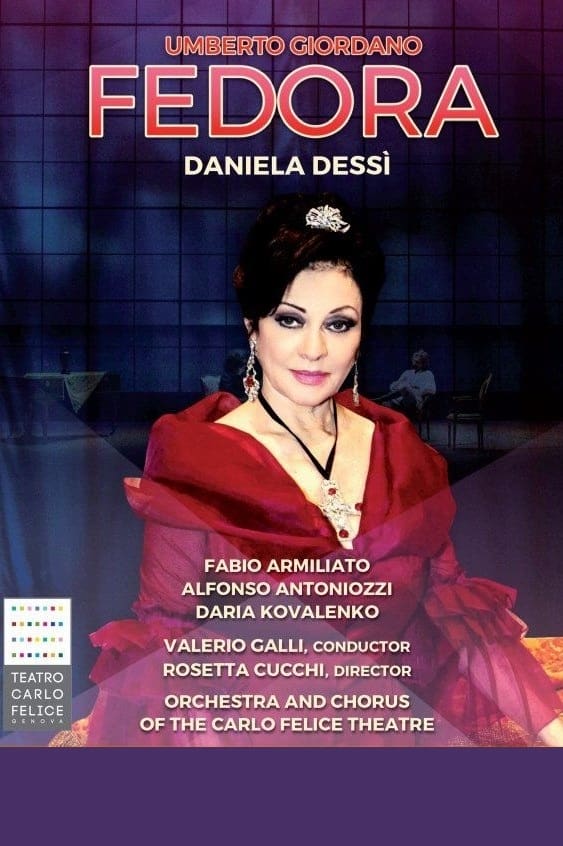
Based on Rosetta Cucchi’s new staging of Umberto Giordano's Fedora at Teatro Carlo Felice, Ipanov bears witness to incessant survivor guilt, unable to escape restless remembrances of his ill-fated family and strongest regrets – betrayal, disgrace, loss and abandonment.
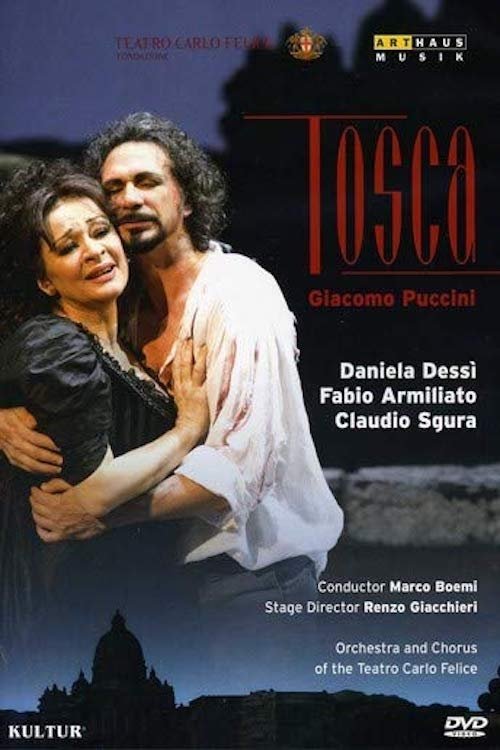
This production from the historic Teatro Carlo Felice in Genova, Italy, stars the opera worlds power couple, Daniela Dessì and Fabio Armiliato, as lovers Tosca and Cavaradossi. A tragic tale of doomed love interlaced with the age-old themes of jealousy, lust and intrigue, has ensured Tosca its place in the top ten of opera favourites. Probably the best contemporary soprano-tenor combination (a couple in real life, too) Daniela Dessì and Fabio Armiliato are ranged against a worthy opponent in the form of Claudio Sgura as police chief Baron Scarpia.
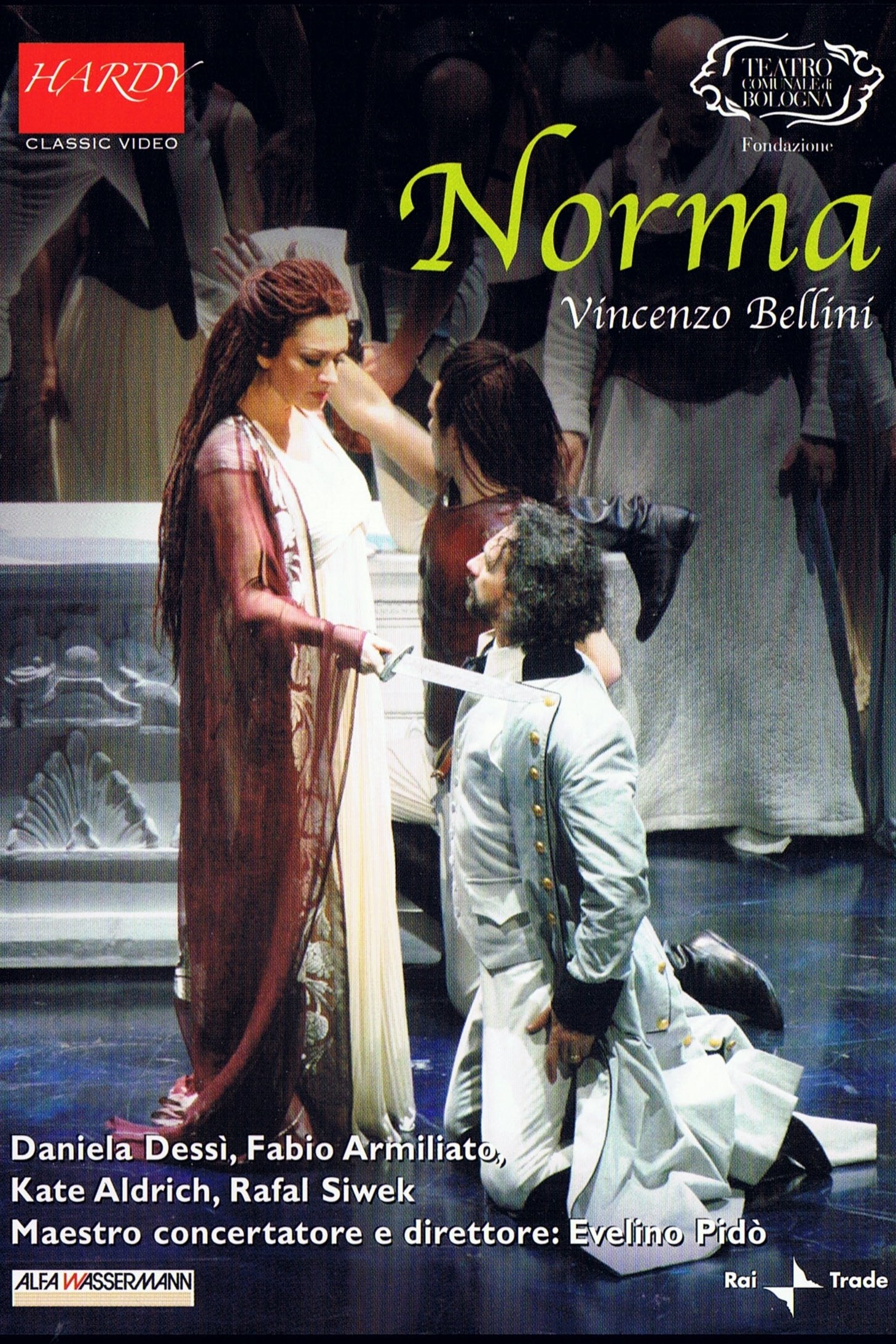
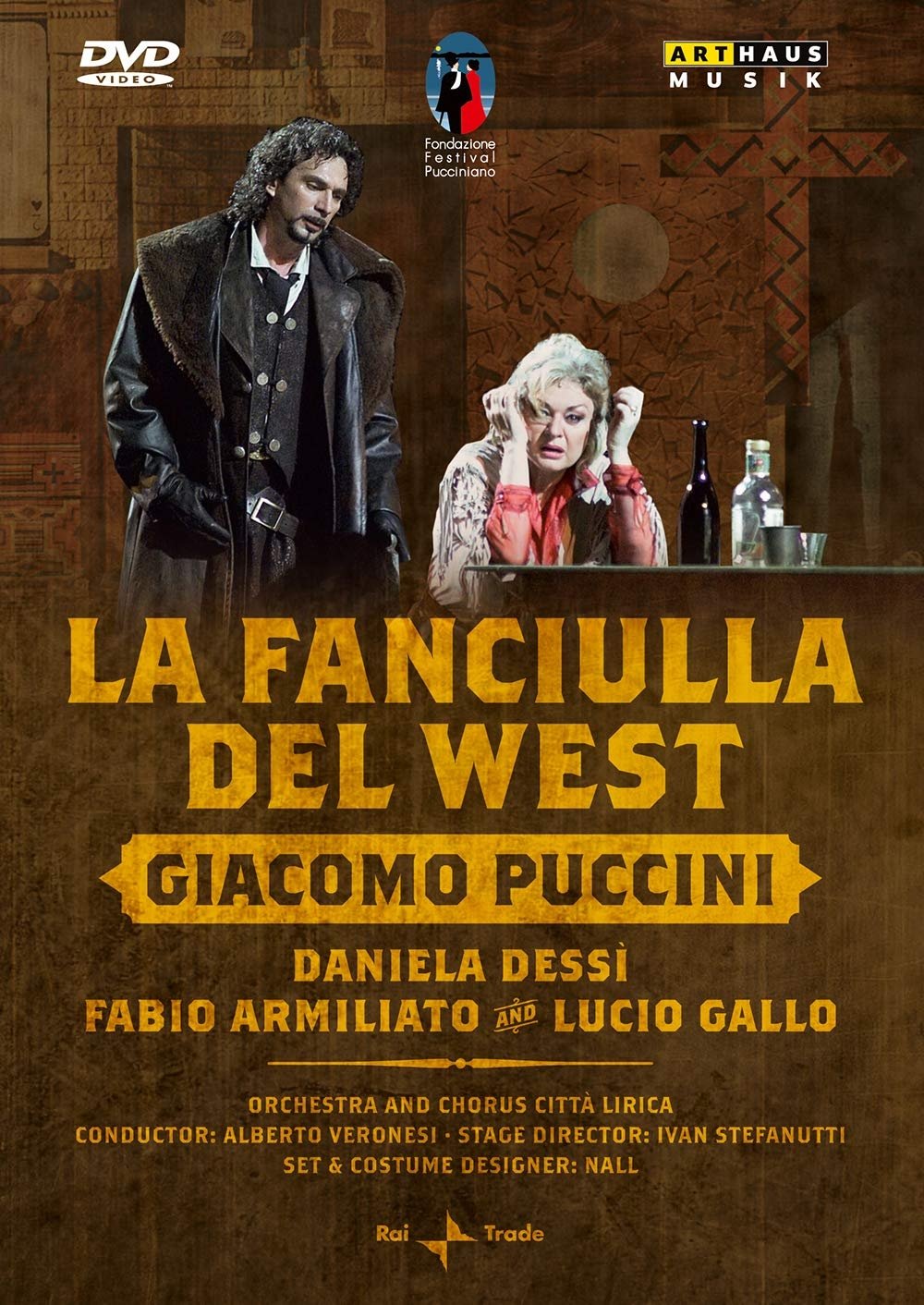
The 51st Puccini Festival in Torre del Lago opened with a new production of an opera that is perhaps the composer‘s most underestimated work: “La Fanciulla del West” – often dismissed as a mere „western opera“. The musical director was Alberto Veronesi, artistic director of the festival. Ivan Stefanutti was the stage director, with spectacular sets by American painter Nall and an all-star cast including Daniela Dessì and Fabio Armiliato (the singers are regarded as two of the leading interpreters of Italian soprano and tenor roles) and the baritone Lucio Gallo.
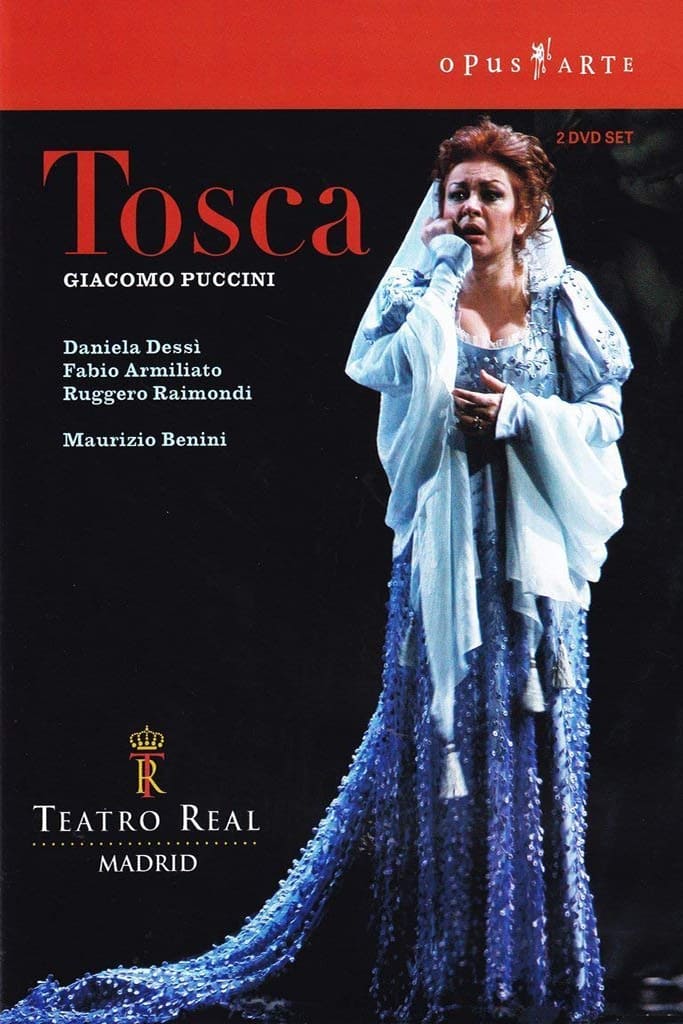
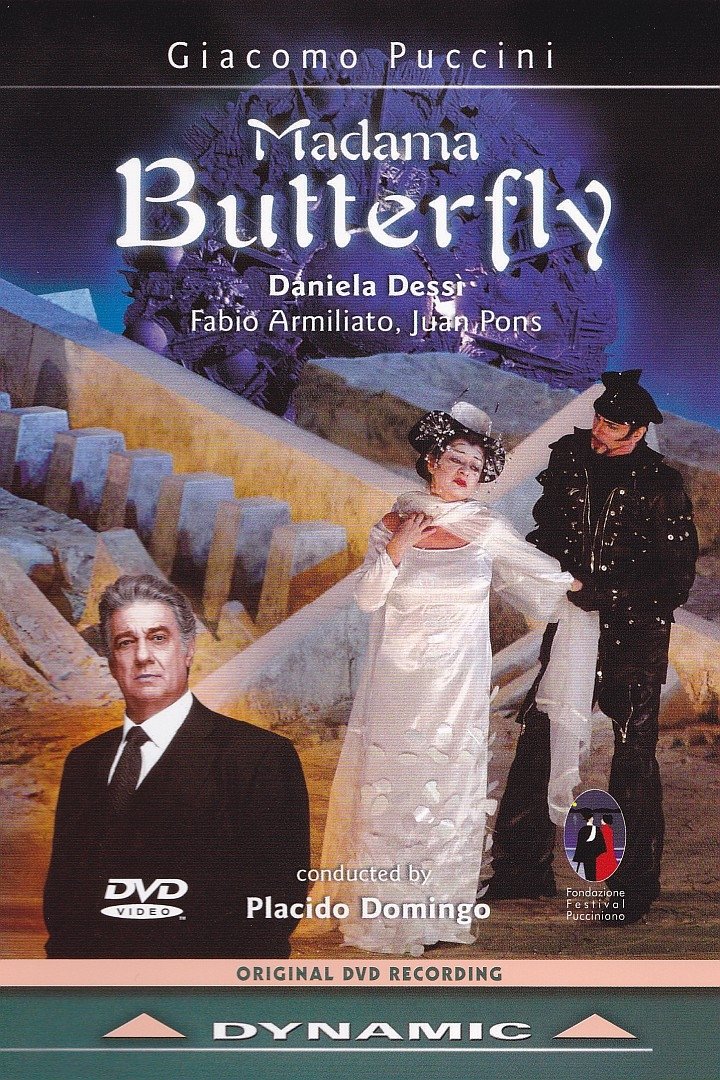
Japan, early twentieth century. U.S. Navy Lieutenant B.F. Pinkerton inspects the house he has leased from a marriage broker. The broker, Goro, has procured him three servants and a geisha wife, Cio-Cio-San, known as Madama Butterfly. He is enchanted with the fragile Cio-Cio-San. Cio-Cio-San is heard in the distance joyously singing of her wedding. In a quiet moment, Cio-Cio-San shows her bridegroom her few earthly treasures and tells him of her intention to embrace his Christian faith. The Imperial Commissioner performs the wedding ceremony, and the guests toast the couple. The celebration is interrupted by Cio-Cio-San's uncle, a Buddhist priest, who bursts in, cursing the girl for having renounced her ancestors' religion. Alone with Cio-Cio-San in the moonlit garden, her husband dries her tears, and she joins him in singing of their love.
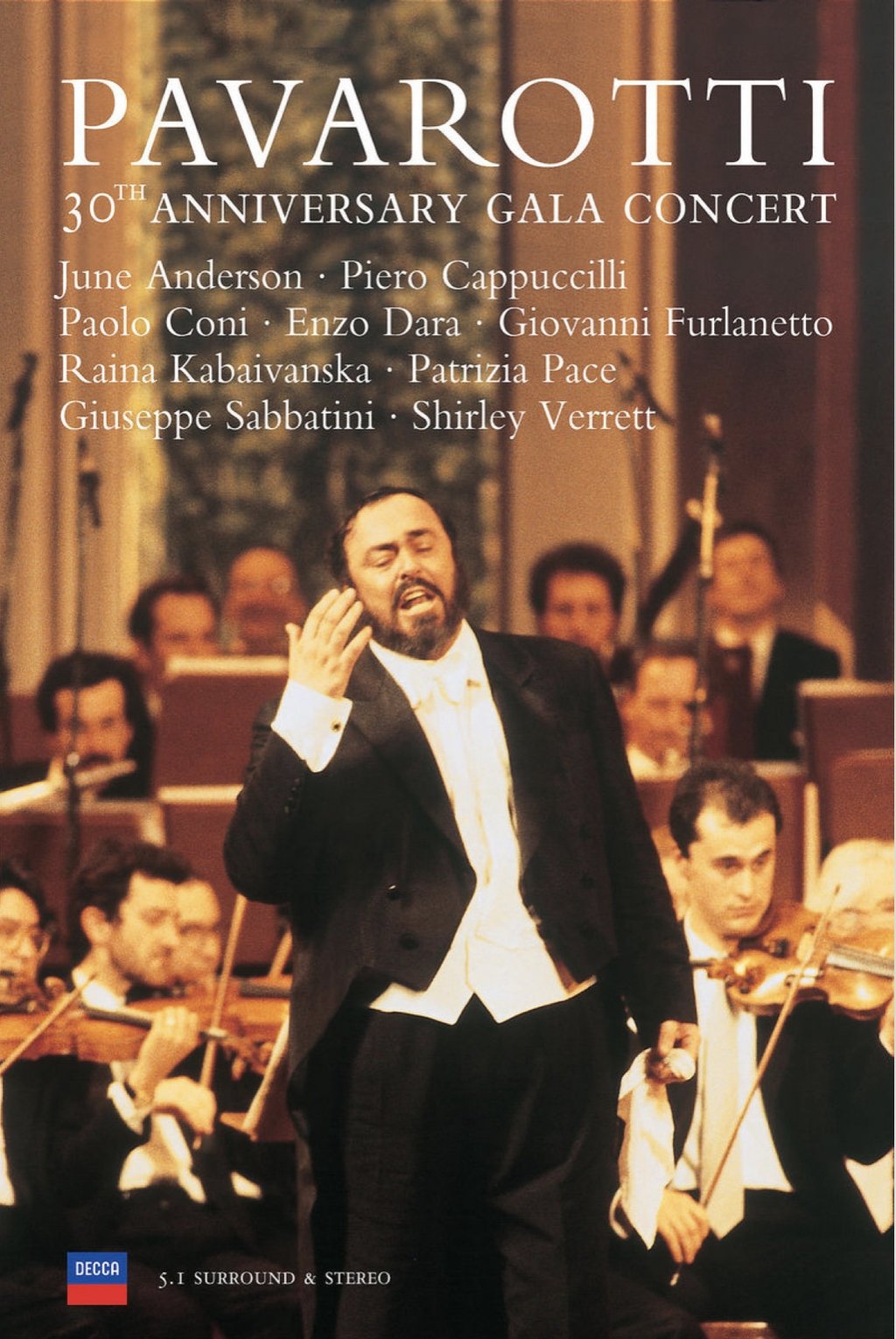
Celebrating a great artist is always a gala occasion, but when the honoree is the legendary Luciano Pavarotti, the event is one to treasure. To pay tribute to the 30th anniversary of Pavarotti’s Met debut, the company featured him in fully staged excerpts of three operas: Act II of Donizetti’s L’Elisir d’Amore, Act III of Puccini’s La Bohème (the opera he sang at his debut), and Act IV of Verdi’s Aida. Joining the superstar tenor were colleagues like Ruth Ann Swenson, Leo Nucci, Daniela Dessì, Maria Guleghina, and Dolora Zajick, all conducted by James Levine.
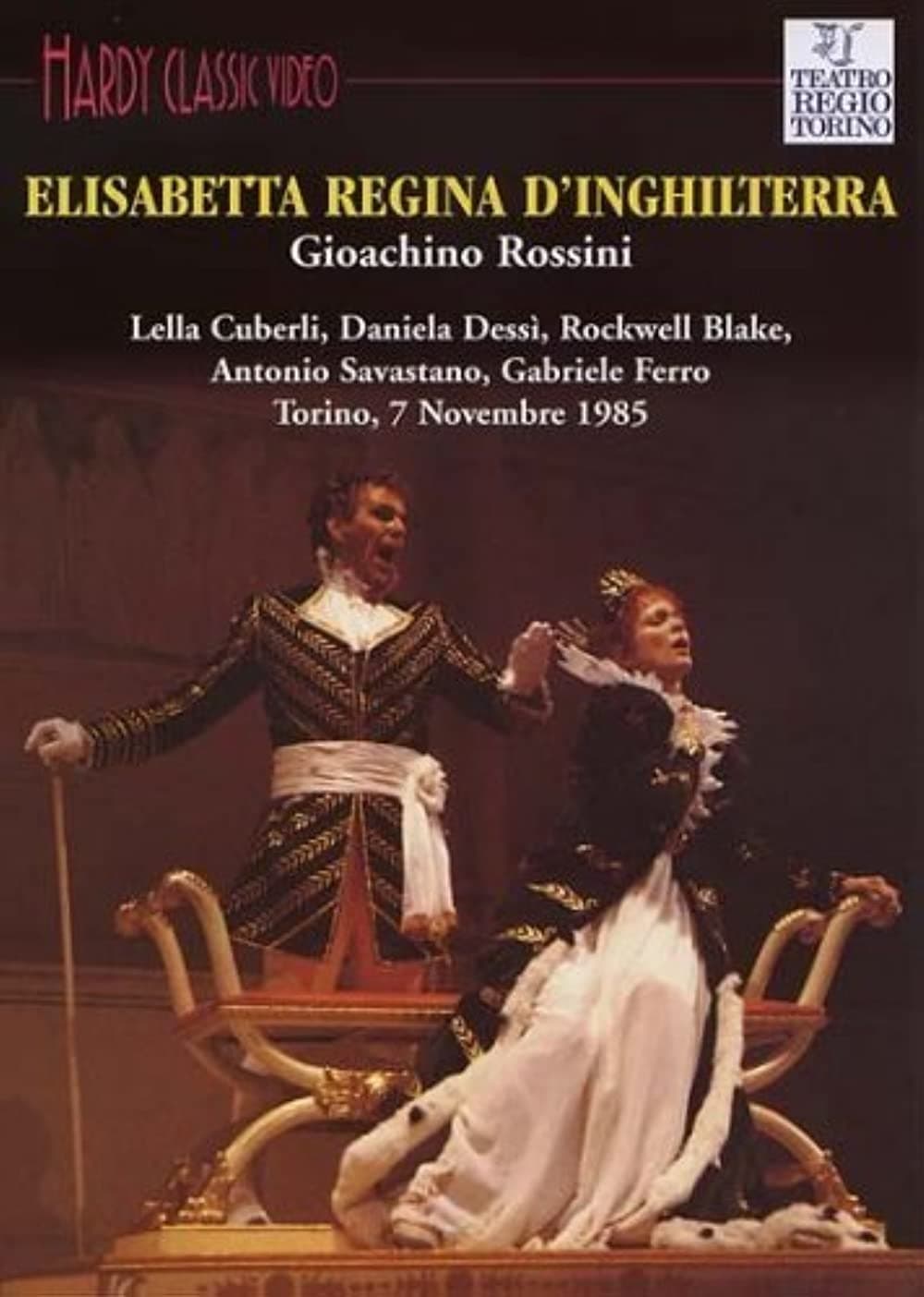
The Teatro Regio di Torino from Italy stars in this 1985 performance of Rossini's classic opera. Leading the all-star cast are Lella Cuberi, Daniela Dessi, Rockwell Blake, and Antonio Savastano. The orchestra is conducted by Gabriele Ferro.
By browsing this website, you accept our cookies policy.